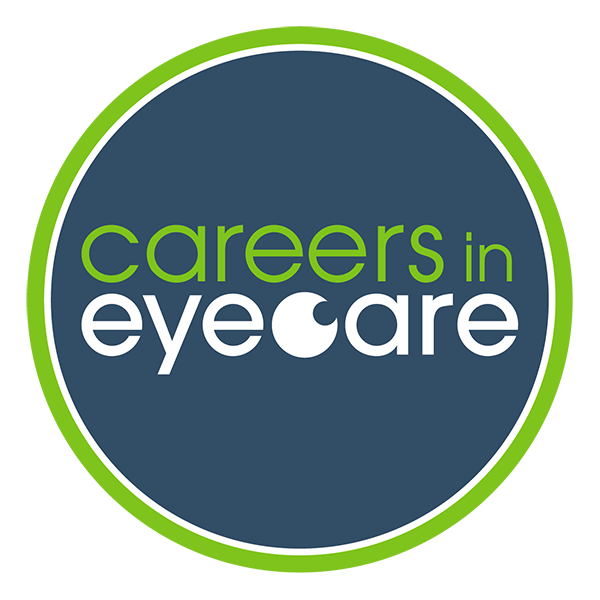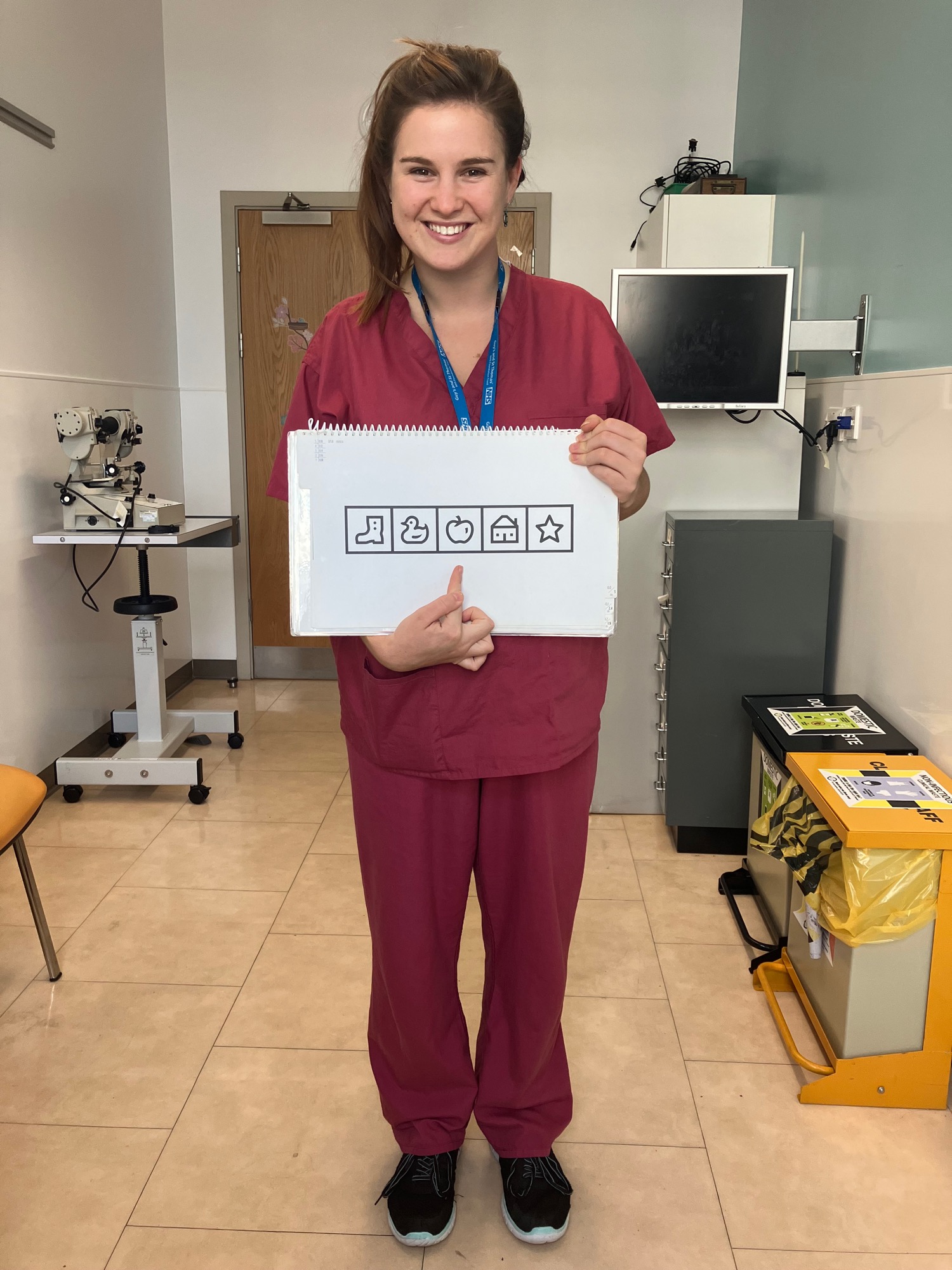Orthoptists diagnose and treat defects in eye movement and problems with how the eyes work together. Eliza Green tells us about her work as a highly specialist orthoptist at Guy’s and St Thomas’ NHS foundation trust in London
How do you begin your day?
I start at 8:15, looking at my schedule for the day and which clinic I will be working in. Some mornings I am in our adult strabismus service. The condition is an inward or outward turn of the eye, where the eyes point in different directions. It can cause loss of depth perception or double vision.
I will be assessing and diagnosing patients alongside our consultants.
Other days, I am running our virtual service, discussing management plans and ongoing treatment with patients over the phone. There always seems to be an influx of eye casualty and emergency patients first thing on a Monday and we assess them to find the root cause of the symptoms – is it an isolated eye problem or due to a neurological or systemic change or abnormality? An orthoptic assessment can be crucial in identifying or confirming this.
What do you love about your job?
I love the variety that my job offers and the feeling that I am having a positive influence. Not only do I get to improve a patient’s quality of life, through assessing and diagnosing them, I also get to form treatment plans and work in a multi-disciplinary team to give my patients the most well-rounded care possible.
Patients seen in our clinic can have a range of conditions, from eye irritation, debilitating double vision, strabismus, amblyopia (unequal vision/reduced vision), and more. No two patients are the same, and I love that each one feels like a puzzle that I’m trying to solve in order to help ease their symptoms.
As well as working in our ocular motility clinics and paediatric ophthalmology service, specialising in extended roles keeps my week varied and exciting.
We have a special education needs service, neuro-ophthalmology clinics, we visit patients on the stroke ward and see people with glaucoma, medical retina problems and more. We also often host orthoptic and medical students, which challenges us to keep up-to-date in our research and best practice.
No two weeks are the same, and the opportunity to be involved in so many extended roles allows me to continue to develop my knowledge base.
What are the challenges?
They include fitting in the administrative tasks that go along with developing and running services. As the co-lead for clinical teaching in my department and the special education needs (SEN) service lead, keeping these services running efficiently can sometimes require more time than I have! Organising the clinics is a new area for me. It allows me to have a greater understanding of how services run and the intricacies of developing self-sufficient services. I am also very keen to make our department more sustainable and reduce our carbon footprint. It’s hard to set aside the time this project deserves. The NHS has targets to reach net zero by 2040, with an 80% reduction by 2028 to 2032;
What do you do to wrap up the day and prepare for the next?
I have to check there are no more emergency cases coming in who require input from me. I try to catch up on organising my services and prepare for clinics for the rest of the week. I am involved in research looking at our departmental surgery outcomes, to check they are still as good as ever. This means I see additional patients after my clinic, who have agreed to come in for testing and further assessment in order to form our research cohort. This is very interesting work – we are planning to present our findings at a national conference.
What do you need?
You must have a degree in orthoptics, typically taking three or four years, or a two year postgraduate qualification, and register with the Health Professions Council. Entry requirements for a degree are typically:
- two or three A levels, including a science and
- five GCSEs (grades A-C), including English language, maths and science or
- a BTEC, HND or HNC, including science or
- a relevant NVQ or
- a science-based access course or
- equivalent Scottish or Irish qualifications


[…] Orthoptists diagnose and manage a range of conditions that affect eye movement and visual development, such as squint. They study the role of the brain in controlling the eyes. […]
[…] Day in the life: the orthoptist […]